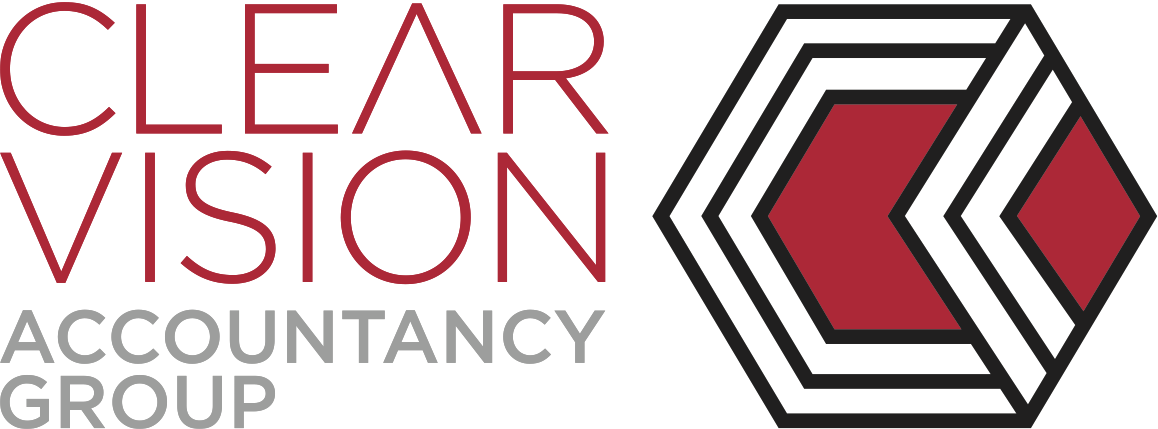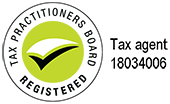Business Alert at 9:00am With CVA - Director ID - Deadline 30 November 2022
Company directors are required by law to apply for a director identification number (director ID).
A director ID is a unique identifier that a director will apply for once and keep forever – which will help prevent the use of false or fraudulent director identities.
All directors of a company, registered Australian body, registered foreign company or Aboriginal and Torres Strait Islander corporation will need a director ID. Unfortunately, you must apply for your own director ID, Clear Vision Accountancy Group is unable to complete this process for you.
The fastest way to get a director ID is to apply online using the myGovID app. It’s free and you only need to apply once.
Directors appointed on or before 31 October 2021 have until 30 November 2022 to apply.
ASIC is responsible for enforcing director ID offences set out in the Corporations Act 2001. It is a criminal offence if you do not apply on time.
To apply visit:
https://www.abrs.gov.au/director-identification-number
The Australian Taxation Office has prepared a brief tutorial video to help with this process. You can access the video here: https://buff.ly/3SRVqmR





